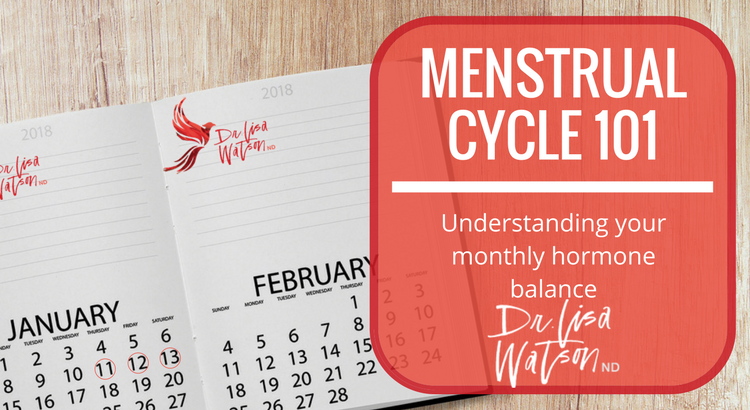
Women in my office are often embarrassed to admit that they don’t really understand the hormones that influence their menstrual cycle. Don’t worry ladies, most women don’t! It’s not something we were taught in school (unfortunately) and unless you have problems with your periods, or you’re trying to get pregnant (or not!) you’re unlikely to ever question Nature’s ways.
So for all those women interested in understanding more about their periods, for whatever reason that brought you here, may I present…
Menstrual Cycle 101
The Big Events*
Days 1-5
The biggest event in our menstrual cycle is arguably our menstrual period. It’s certainly the most noticeable!
On the first day of our period (day 1) our major fertility hormones, estrogen and progesterone are at their lowest level. This state of low hormones allows for the period to start. It also triggers our pituitary gland to start making hormones (LH – lutenizing hormone and FSH – follicular stimulating hormone) to stimulate growth of new follicles (eggs) in the ovaries.
Day 7
At the end of the first week your period has likely finished and estrogen levels are increasing. Curious about the mood impact of estrogen – check out this blog where I discuss it.
At this point the follicles are growing rapidly in the ovaries. One of these follicles surpasses the others and becomes the dominant (graafian) follicle. The follicle starts producing its own estrogen, and estrogen levels continue to climb.
Days 7-12
The high levels of estrogen stimulate the lining of the uterus to thicken and prepare for possible implantation later in the cycle.
Further down in the reproductive tract the cervix, the exit of the uterus into the vaginal tract, has begun to produce a new type of cervical fluid – the fertile cervical mucus. You only make this type of cervical fluid for a few days each month and it can be a great way of monitoring your fertility to both enhance, or avoid, pregnancy.
 Days 12 and 13
Days 12 and 13
Super high levels of estrogen start acting on the pituitary in our brain, stimulating it to produce lutenizing hormone (LH). The LH surge starts production of enzymes and prostaglandins in the dominant follicle, preparing the follicle to ovulate its egg. Ovulation is set to occur in the next 24 hours.
Day 14
Boom. Ovulation.
Ovulation occurs when the enzymes breakthrough the follicle wall and the egg is released.
Day 15-25
Welcome to the luteal phase of your cycle. The first half of the cycle (the follicular phase) was all about follicle (egg) development. This second half is all about the uterus and its lining.
The follicle that released its egg at ovulation is now a corpus luteum, and produces progesterone. Progesterone levels are highest during the second half of the cycle and are responsible for the increase in body temperature (BBT) found in the second half of our cycle.
With all that increased progesterone, the lining of the uterus (endometrium) continues to thicken and secrete nutrients to support a potential pregnancy.
Day 23-24
If egg has met sperm implantation most commonly occurs 9-10 days after ovulation. The range is different for everyone, with some embryos implanting after 7 days and others taking up to 12.
Day 25-28
If no implantation occurs, the corpus luteum stops producing hormones and levels of progesterone and estrogen drop.
This sudden decline in hormone levels leads to the low hormone levels that stimulate the start of your period. Your uterus lining loosens from the wall of the uterus and is shed.
The drop in hormones also signals the pituitary gland to once again start production of FSH and LH to prepare a whole new group of eggs for ovulation.
*Remember – these dates are approximations based on a “typical” 28-29 day cycle. In every woman there may be individual variations.
There you have it! Did you learn something new today?
Whether you are trying to get pregnant, struggling with hormone imbalances, PMS or period pain, learning more about the hormones that influence your period is a great place to start. Next steps? Explore this website more to learn all about your hormones and how they influence your health! And download my free e-book to learn how to hack your hormones for health and happiness!
Yours in health, and hormone harmony
~Dr. Lisa
Disclaimer
The advice provided in this article is for informational purposes only. It is meant to augment and not replace consultation with a licensed health care provider. Consultation with a Naturopathic Doctor or other primary care provider is recommended for anyone suffering from a health problem.


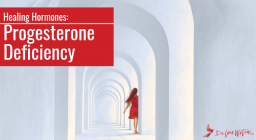

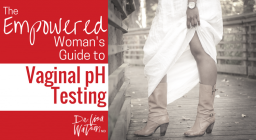

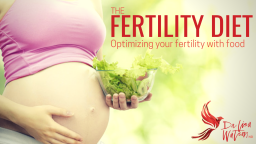

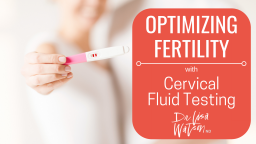
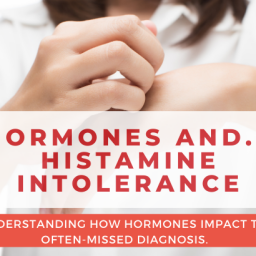
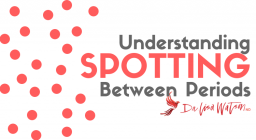

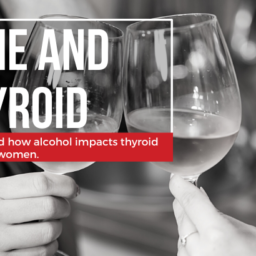
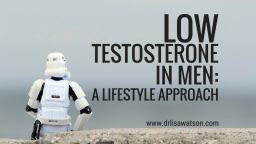
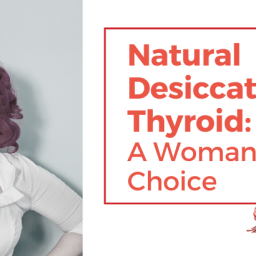

[…] to optimize your fertility is to understand your fertility. And this starts with understanding your menstrual cycle and your optimal fertility […]